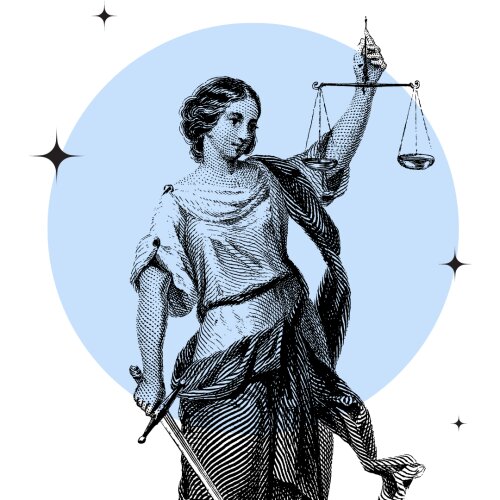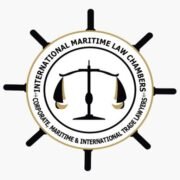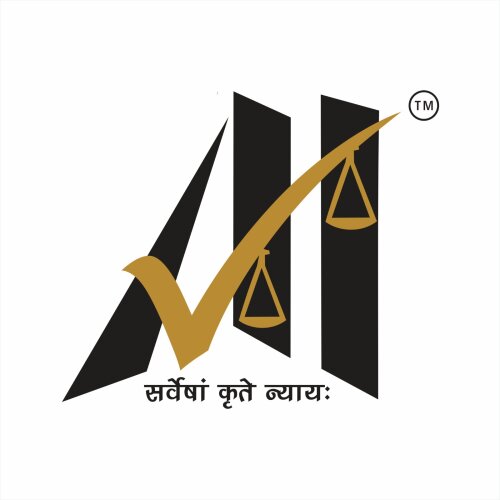Best Military Law Lawyers in India
Share your needs with us, get contacted by law firms.
Free. Takes 2 min.
Or refine your search by selecting a city:
List of the best lawyers in India
About Military Law in India
Military Law in India governs the conduct and operation of the armed forces, which include the Army, Navy, and Air Force. This specialized legal framework is crucial for maintaining order, discipline, and justice within the military structure. The primary statutes governing Military Law in India are the Army Act, 1950, the Navy Act, 1957, and the Air Force Act, 1950. These laws outline the legal rights and obligations of military personnel and establish procedures for addressing breaches of discipline and conduct. Military Law encompasses various facets, such as court-martials, military justice, service conditions, and the defense personnel's rights and duties.
Why You May Need a Lawyer
Individuals may require legal assistance in Military Law for several reasons:
- Facing a court-martial or any form of disciplinary action within the military.
- Appealing a decision made by a military tribunal or seeking redress for injustices.
- Dealing with service-related grievances or disputes over service conditions, promotions, or entitlements.
- Seeking compensation or benefits related to military service.
- Handling any accusations of misconduct or breaches of military law.
Local Laws Overview
Key aspects of Military Law in India relevant to service personnel include:
- Court-Martial Processes: Military tribunals that handle serious offenses, with proceedings distinct from civilian courts.
- Disciplinary Actions: Procedures for addressing breaches of military conduct, ranging from minor reprimands to severe penalties.
- Service Conditions: Rules governing the duties, responsibilities, and rights of military personnel, including provisions for promotions, transfers, and retirement.
- Grievance Redressal Mechanisms: Frameworks for addressing service-related grievances or disputes.
- Entitlements and Benefits: Legal provisions related to pension, disability benefits, and other entitlements for military personnel and their families.
Frequently Asked Questions
What is a court-martial?
A court-martial is a judicial court used to try members of the armed forces accused of offenses against military law. It can impose various levels of penalties based on the severity of the offense.
What rights do military personnel have during a court-martial?
Military personnel are entitled to legal defense, the right to present evidence, call witnesses, and appeal decisions of a court-martial to higher military authorities or in some cases, the Armed Forces Tribunal.
Can military personnel be tried in a civilian court?
Military personnel are typically tried under military law for offenses related to service conduct, but they can be tried in civilian courts for certain offenses committed outside their official duties.
How do I file a grievance related to military service?
Grievances related to service conditions can be addressed through internal military grievance mechanisms or escalated to the Armed Forces Tribunal if unresolved at lower levels.
What is the Armed Forces Tribunal?
The Armed Forces Tribunal is a statutory body established to adjudicate disputes and complaints related to service matters of the armed forces, providing a legal platform for grievance redressal.
How can I appeal a decision made by a military tribunal?
Decisions of military tribunals can typically be appealed to higher military authorities or the Armed Forces Tribunal. Legal advice should be sought for procedural guidance.
What are the consequences of disciplinary actions in the military?
Consequences can range from reprimands and loss of rank to imprisonment or dismissal from service, depending on the severity of the offense and the outcome of disciplinary proceedings.
How does military law impact promotions and service conditions?
Military law outlines criteria and procedures for promotions and can impact service conditions through regulations on transfers, responsibilities, and conduct requirements.
Are family members of military personnel eligible for legal benefits?
Yes, family members may be entitled to benefits such as pensions, insurance, and other financial entitlements under military law, subject to eligibility criteria.
Where can I get help for legal issues related to Military Law?
Legal issues can be addressed by consulting a legal professional specializing in Military Law or seeking guidance from relevant military legal departments or the Armed Forces Tribunal.
Additional Resources
For additional guidance, consider reaching out to the following resources:
- Armed Forces Tribunal: A statutory body for handling service-related grievances.
- Judge Advocate General (JAG) Department: Provides legal services to military personnel.
- Ministry of Defence, Government of India: Offers resources and information about military policies and regulations.
- Legal Aid Services: Various organizations and law firms offer legal aid services for military personnel.
Next Steps
If you are seeking legal assistance in Military Law, consider the following steps:
- Identify the specific issue or grievance you are experiencing.
- Consult with a legal professional specializing in Military Law for guidance and representation.
- Submit any required documents or appeals to the appropriate military or legal body.
- Attend any hearings or proceedings with your legal representative to ensure your rights and interests are protected.
- Follow up on any determined outcomes or further appeals as advised by your legal counsel.
Lawzana helps you find the best lawyers and law firms in India through a curated and pre-screened list of qualified legal professionals. Our platform offers rankings and detailed profiles of attorneys and law firms, allowing you to compare based on practice areas, including Military Law, experience, and client feedback.
Each profile includes a description of the firm's areas of practice, client reviews, team members and partners, year of establishment, spoken languages, office locations, contact information, social media presence, and any published articles or resources. Most firms on our platform speak English and are experienced in both local and international legal matters.
Get a quote from top-rated law firms in India — quickly, securely, and without unnecessary hassle.
Disclaimer:
The information provided on this page is for general informational purposes only and does not constitute legal advice. While we strive to ensure the accuracy and relevance of the content, legal information may change over time, and interpretations of the law can vary. You should always consult with a qualified legal professional for advice specific to your situation.
We disclaim all liability for actions taken or not taken based on the content of this page. If you believe any information is incorrect or outdated, please contact us, and we will review and update it where appropriate.
Browse military law law firms by city in India
Refine your search by selecting a city.

















